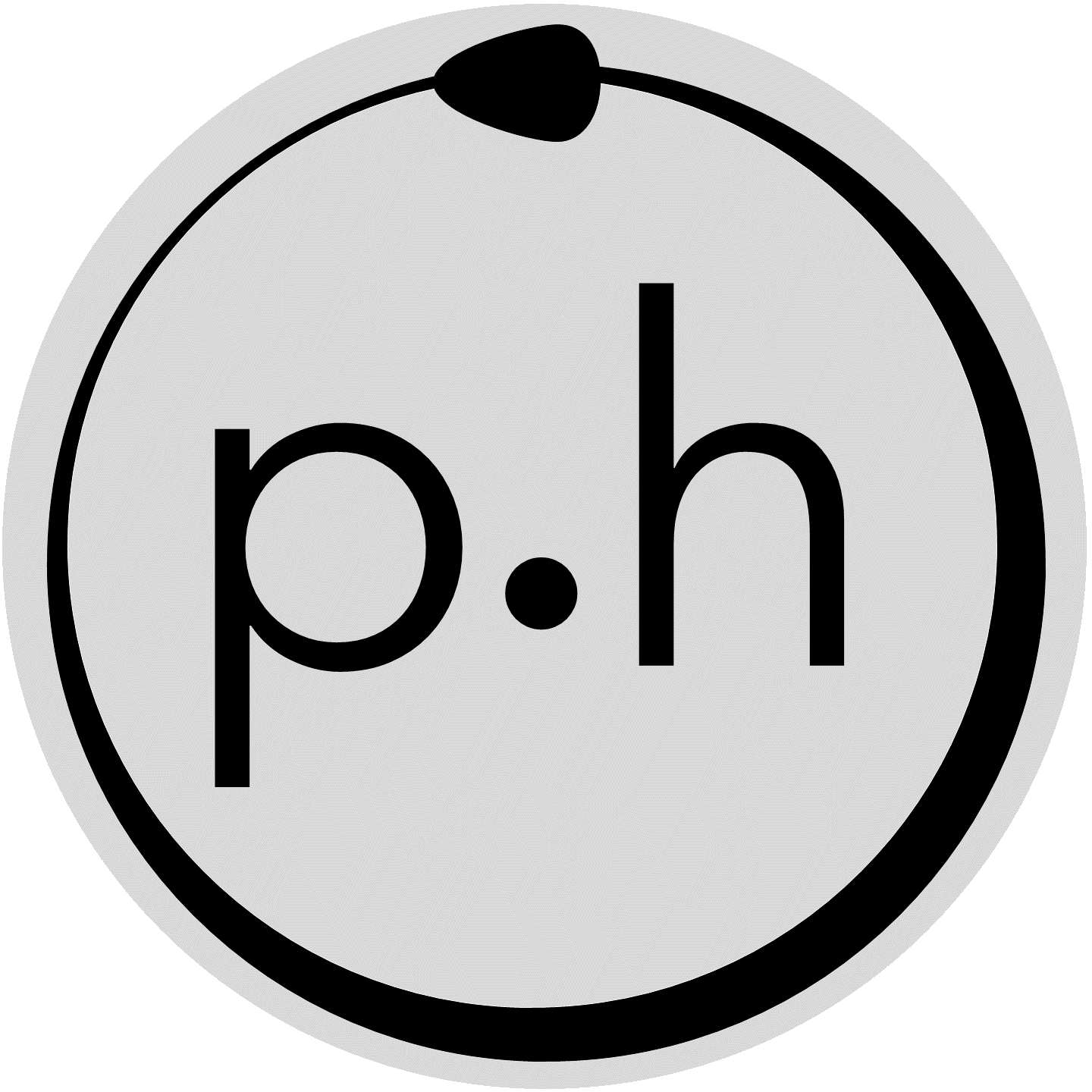There is an idea floating around that our world is nothing but a simulation (specifically some sort of computational simulation) being run in another world. The idea originates (in its current form) from a paper written by Nick Bostrom called Are You Living in a Simulation? I would like to spell out a few arguments I would pose against this theory of the world as I find it, quite frankly, a bit ridiculous.
What makes us think we, here on Earth today, can get to the point of creating these simulations?
This is an issue I take with a lot of futurist speculation. There seems to be a general principle to which most futurist subscribe: if we can imagine it to be so, we will achieve it, it is only a matter of time and will. The arguments go something like this. We started at point A and now we are at point B, a short distance away but with clear progress made. Therefore, in principle, we must be able to get to point C no matter how much of a departure it is from our current understanding and capabilities.
I think this is a profoundly optimistic (arguably naïve) view and is something akin to the idea that we can simply remake the entire social fabric without undercutting everything that got us to where we are. In the case of the simulation, it assumes that humans will have - in my estimation - a complete and utter understanding of all of the human mind and human perception, a complete understanding of the mind's relationship to the body, and a computational structure able to represent all the relevant events of the world. This would necessarily need to include an understanding of the fundamental nature of some of the ineffable aspects of the human experience: love, consciousness, and meaning just to name a few. That is a heavy lift.
And this is exactly a point that Bostrom highlight's in his paper Are You Living in a Simulation?
"Simulating the entire universe down to the quantum level is obviously infeasible, unless radically new physics is discovered. But in order to get a realistic simulation of human experience, much less is needed - only whatever is required to ensure that the simulated humans, interacting in normal human ways with their simulated environment, don't notice any irregularities."
That bit about "only whatever is required to ensure that the simulated humans…" This is where the argument starts to falls apart. Why would we assume that human experience can be separated from quantum phenomenon? Why would we assume that representing all the "betweeness" of human interaction is easier to simulate than the actual physical constituents that make up that experience?
I think this ultimately comes down to a difference intuition. It is my intuition that the comprehension of the entirety of the human experience of Being is unobtainable, much less the re-creation of such an experience on a technological substrate. Bostrom's intuitions clearly differ from mine.
What makes us think what is outside of the simulation is anything like what is inside of the simulation?
Let's set aside the first question for a moment and assume my intuitions are completely flawed. The next part of the Simulation Theory argument goes something like this: we will build simulations in our world that approximate our reality, therefore, what's to keep us from saying that our world isn't just simply an approximation of a higher level of reality - a simulation created in the next level up of reality?
This one is a bit hard for me to articulate but the assumption here is that the simulation that we would be running in would be some close match to a higher level of reality. In other words, the things that are possible and achievable here within this simulation are possible and achievable at a higher level reality. It is like saying that what happens in a video game must necessarily be a direct mapping to what occurs in the real world. As if a 2D side-scrolling Mario game is able to articulate the most foundational aspects of reality. We may look at a Mario game and get a glimpse a particular aspect of reality or a culture moment but it would be a fool's errand to extract lessons about the fundamental structure of the Universe from such experiences.
I think this is highlighted in Bostrom's continual invocation of the term "ancestor-simulations". Why would it necessarily be the case that the simulation in which we reside and that the majority of simulations more broadly would be ancestor-simulations? What if the primary orientation of the simulators was to create "possible world" simulations? That is, simulations which play out an enormous number of possible configurations of the Universe. With this as our frame of reference, it would be impossible (and nonsensical) to use any aspect of our reality to determine any aspect of the higher order reality.
How can you use a statistical argument for something that lies outside of any statistical frame of reference?
Finally, this last objection may be a bit of a fine point on the prior question but I think is important nonetheless. Bostrom's argument leans heavily (if not entirely) on the probabilistic reasoning laid out in section IV (The Core of the Simulation Argument) of his paper. This is an example of using the tools which work within our reality to deduce something outside of our reality which I see as fundamentally flawed. Probability is a tool to deal with uncertainty in the world but surely there is a point when uncertainty becomes so great that probability ceases to have any utility. I think this would be a paradigmatic case of such a limit.
Fundamentally my point comes down to this, why would we assume that any of the tools we have to play with in our world are well suited to determine whether or not we are in a simulation?
As with so many things in our modern world, the Simulation Theory may be rational, but it is a far cry from being reasonable. It is fun to ponder when you are stoned and hanging out with a friend but a sound (or profound) theory of the cosmos, it is not.


